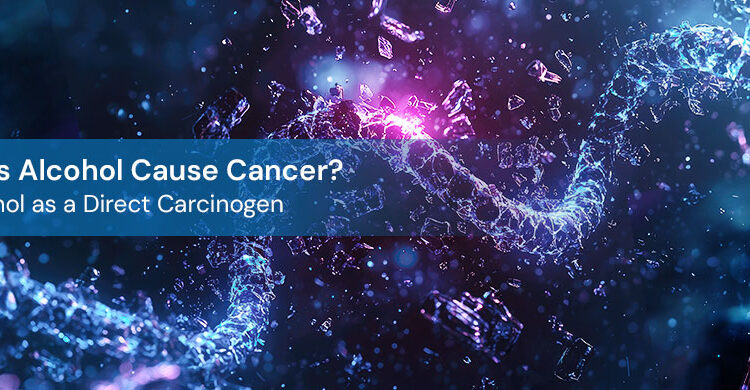Acute myeloid leukemia (AML) is an aggressive blood and bone marrow cancer where not all leukemic cells are destroyed even after intensive treatment in some patients, which causes cancer to reoccur. This is known as refractory AML. Relapsed AML occurs when the leukemic cell count increases after treatment but before complete remission. (1)
National Cancer Institute at the National Institutes of Health (NIH) estimates that approximately 21,380 people will be diagnosed with AML in 2017 alone; approximately 10,590 patients with AML will die of the disease in 2017. (2) The prognosis for relapsed or refractory AML is very poor; however, Idhifa (enasidenib) has recently been approved by the FDA as a targeted therapy for these patients. This therapy is for patients with a specific IDH2 gene mutation. Thus, this therapy needs to be accompanied with a diagnostic test known as the RealTime IDH2 Assay that is used to detect the mutation in AML. (2)
A single-arm trial including 199 patients with relapsed or refractory AML was conducted to test the efficacy of Idhifa. All patients had the IDH2 mutation, which was detected using the RealTime IDH2 Assay. The results showed that with minimum 6 months of treatment, 19% patients showed complete recovery on blood count with no evidence of the disease for an average of 8.2 months. Further, 4% patients showed complete remission with partial blood count recovery for about 9.6 months. A total of 34% patients no longer required transfusions after Idhifa treatment from the 157 patients that used to undergo transfusions before treatment. (2)
Richard Pazdur, M.D., director of the FDA’s Oncology Center of Excellence and acting director of the Office of Hematology and Oncology Products in the FDA’s Center for Drug Evaluation and Research said that “Idhifa is a targeted therapy that fills an unmet need for patients with relapsed or refractory AML who have an IDH2 mutation. The use of Idhifa was associated with a complete remission in some patients and a reduction in the need for both red cell and platelet transfusions.” (2)
Idhifa therapy is however associated with side effects such as increased levels of bilirubin, vomiting, nausea, diarrhea, and decreased appetite. Idhifa should not be prescribed to pregnant and breastfeeding women. (2)
The drug will be launched with a warning that it can lead to differentiation syndrome that is characterized by acute dyspnea, acute respiratory distress, pleural or pericardial effusions, or multi-organ dysfunction if not immediately treated. Patients need to be monitored closely for signs.
Idhifa was granted the Orphan drug status, as the FDA intends to provide incentives to developers of drugs that are used in the treatment of rare diseases. Celgene Corporation received the approval for this new targeted therapy. The approval of the RealTime IDH2 Assay was granted to Abbott Laboratories. (2)
This therapy is expected to aid the several individuals suffering from relapsed or refractory AML. However, further studies and clinical trials are needed to develop more potent therapies, with better patient outcomes.
Credit: Dr. Rachita on behalf of Borderless Access
Copyright © 2017 BorderlessAccess






